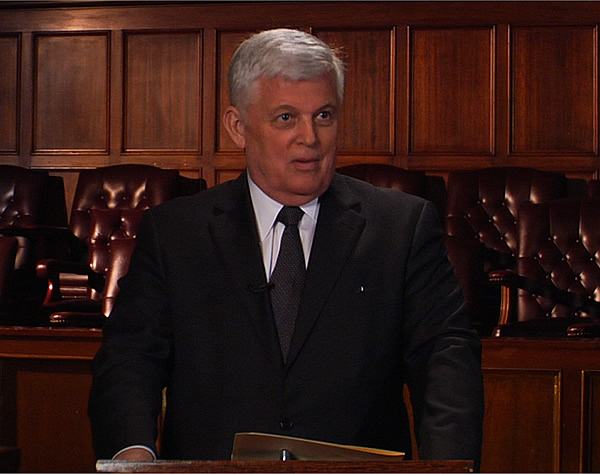San Diego Mediation and Arbitration

The Page Firm APC, founded by Richard W. Page, Esq., is a well-respected firm focusing on alternative dispute resolution (“ADR”) and international law. Mr. Page was admitted to practice before the California and Federal Courts in 1976, originally practicing in the areas of business and international litigation. Trained as an arbitrator in 1982 and as a mediator in 1985, he has handled hundreds of arbitrations and thousands of mediations (in English and Spanish) in the areas of contracts, real estate, construction, intellectual property, torts, business dissolutions, employment, personal injury and consumer protection.
As an arbitrator, Mr. Page will serve as a party-appointed arbitrator, as a neutral arbitrator, or as chair of a three-arbitrator tribunal. He primarily accepts arbitrations administered by the American Arbitration Association (“AAA”) or the International Centre for Dispute Resolution (“ICDR”). He will serve as an arbitrator under the auspices of other reputable institutions or ad hoc.
As a mediator, Mr. Page will employ a variety of mediation styles including facilitative, evaluative, collaborative, transformational and storytelling. After impasse in a mediation session and with the consent of all parties, a written mediator’s recommendation may be available.
Under special circumstances, The Page Firm renders services as a consultant to a party in ADR or international matters.
Mr. Page graduated with distinction from Stanford University in 1970 with a B.S. degree in anthropology. In 1976, he earned his J.D. degree from the University of California at Davis.
His rates are $295/hour including study time in arbitrations and preparation time in mediations. No engagement is accepted by The Page Firm unless confirmed in a retainer agreement or scheduling letter.